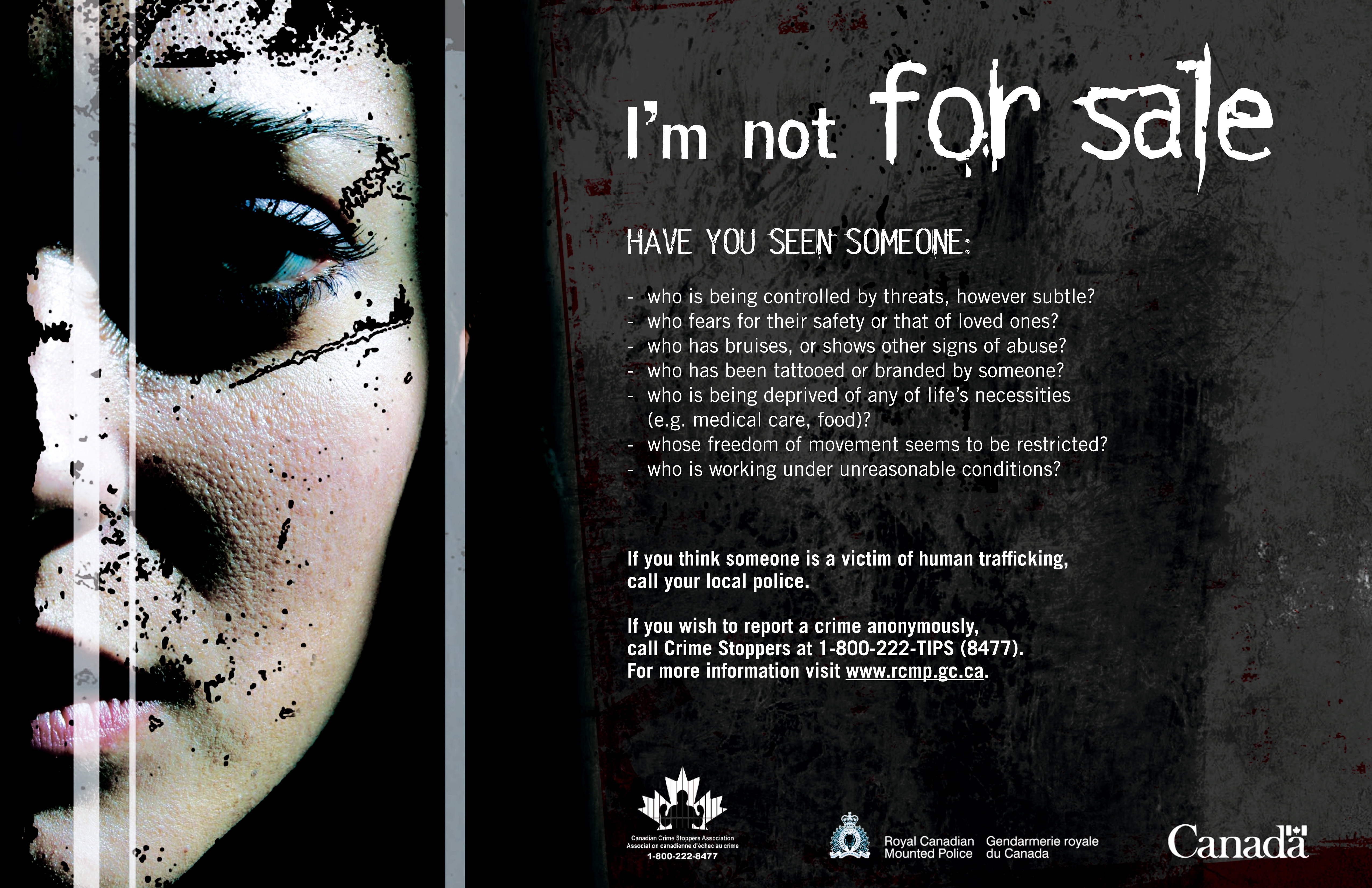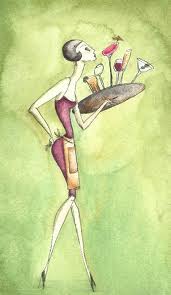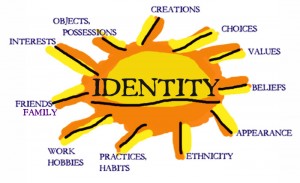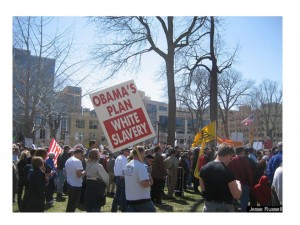Follow more from Angel McLay –> here.
What’s the first thing you think of when you hear “child trafficking”?
A low-tech sweatshop somewhere in China, where kids are forced to make cheap sneakers? A rich, old bastard visiting some seedy brothel in Russia’s underworld to satisfy his illegal appetites? Or one of your neighbors locking up a 14-year-old girl in their house, and forcing her to do all the housework for free by telling her there’s a – nonexistent – debt she must settle?
That last one didn’t come to your mind? Well, unfortunately, it should have. Contrary to popular myth, child trafficking isn’t some obscure third-world problem. According to the NationalHumanTraffickingResourceCenter, international human trafficking is a $32 billion industry, with half of that sum coming from industrialized countries. In the United States it’s the fastest growing illegal industry just behind drug trafficking. Children account for almost half of its victims. Between 100,000 and 300,000 children are victims of sex trafficking in the US alone. Most of them are girls between the ages of 12 and 14.
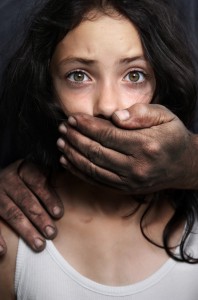 The numbers are equally as horrid in other countries. 600-800 people are trafficked into Canada, and an additional 1,500-2,200 people are trafficked through Canada into the US each year. So you’re saying you live in Billabong, Middle of Nowhere Territory, Australia, and such a thing could never happen anywhere near you? I wouldn’t be too certain of that if I were you. In the comparatively small UK alone, for example, an estimated 92 organized crime groups are involved in human trafficking, and about 26 per cent of reported cases involve children. In total, about 27 million people are enslaved in the world. Of those, only 42,000 were identified last year.
The numbers are equally as horrid in other countries. 600-800 people are trafficked into Canada, and an additional 1,500-2,200 people are trafficked through Canada into the US each year. So you’re saying you live in Billabong, Middle of Nowhere Territory, Australia, and such a thing could never happen anywhere near you? I wouldn’t be too certain of that if I were you. In the comparatively small UK alone, for example, an estimated 92 organized crime groups are involved in human trafficking, and about 26 per cent of reported cases involve children. In total, about 27 million people are enslaved in the world. Of those, only 42,000 were identified last year.
The children who are trafficked usually don’t even know that’s what’s happening to them, which often makes it impossible for border guards to recognize them as victims of child trafficking. They are promised a better life, told that they could support their family at home by accepting a well-paid job in another country, or are sold by their parents and told they need to help them pay off debt.
Once they have arrived at the intended destination, however, they get no better life, and no good job. They are, instead, “groomed or threatened” into sexual exploitation or forced labour, and forced to forfeit all earnings. Some are locked up in their slavers’ houses and coerced into doing all housework for free. If they don’t, their slavers tell them, harm will come to their families and to themselves. And I’m not talking about them “merely” having to clean a window here or empty a trash can there. Many are held in conditions that would be considered animal cruelty, and work 16 or more hours a day.
For many of those who do manage to escape somehow – often in an act of immense courage – the suffering doesn’t end there. Anti-trafficking officials and border guards often aren’t trained to deal with and assess the needs of trafficked children, and tend to be more concerned with their immigration status rather than helping them deal with the aftermath of having lived through such trauma. These victims can end up being prosecuted for prostitution and other offenses committed under duress, blamed for what happened to them, or being deported.
All that victim blaming plays directly into the hands of traffickers. There is clear evidence slavers are controlling their victims by warning them that they will be seen and treated as “illegal immigrants” should they attempt to seek help. Activist Malika Saada-Saar says that “these girls are not hookers. They are victims of child rape. We have to name that. [Child trafficking is] the only incidence of child abuse where we put the child behind bars.” Is it any wonder then that post traumatic stress disorder occurs at higher levels in victims of human trafficking than it does in veterans returning from Iraq?
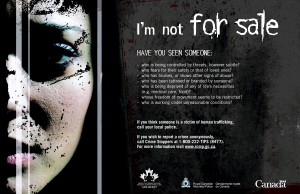 “There may be trafficking right next door to you. A trafficking victim doesn’t know a demographic barrier, it doesn’t know a gender barrier,“ says David B. Rogers of the FBI. This nifty fact sheet by the United Nations Office on Drug and Crime can help you indentify possible victims of human trafficking: Human Trafficking Indicators.
“There may be trafficking right next door to you. A trafficking victim doesn’t know a demographic barrier, it doesn’t know a gender barrier,“ says David B. Rogers of the FBI. This nifty fact sheet by the United Nations Office on Drug and Crime can help you indentify possible victims of human trafficking: Human Trafficking Indicators.
If you ever suspect something really fishy might be going on in your environment and think it might have to do with human trafficking, report it to law enforcement at 1-866-347-2423, call the National Human Trafficking Resource Center at 1-888-3737-888, or call in your local FBI field office. In Canada you can contact one of the Royal Canadian Mounted Police’s human trafficking offices, whose phone numbers you can find here: Human Trafficking: Contact Us – Royal Canadian Mounted Police. In other countries you can always contact the appropriate emergency cervice.
Sources:
A Hidden Epidemic: Child Trafficking in the U.S.
Protecting the Powerless: Child Trafficking in the United States
Human trafficking a growing crime in the U.S.
Unicef Factsheet: Child Trafficking
It’s Human Trafficking Prevention Month, But Is Awareness Enough?
Human trafficking to UK ‘rising’
Ottawa Rape Crisis Centre: Human Trafficking and the Sex Trade
Human Trafficking of Children in the United States – A Fact Sheet for Schools
Human Trafficking Into and Within the United States: A Review of the Literature
British men forced into ‘modern slavery’ abroad
UK: Anti-trafficking measures ‘not fit for purpose’ and breach international law – new report
National Slavery and Human Trafficking Prevention Month
Human Trafficking – Homeland Security
_______________________________________________________________________________________________________
Follow and ‘like’ the author’s Facebook page here —-> Angel McLay Official, to stay updated.
International Child Trafficking: The Unfortunate Prevalence of Slavery ,
